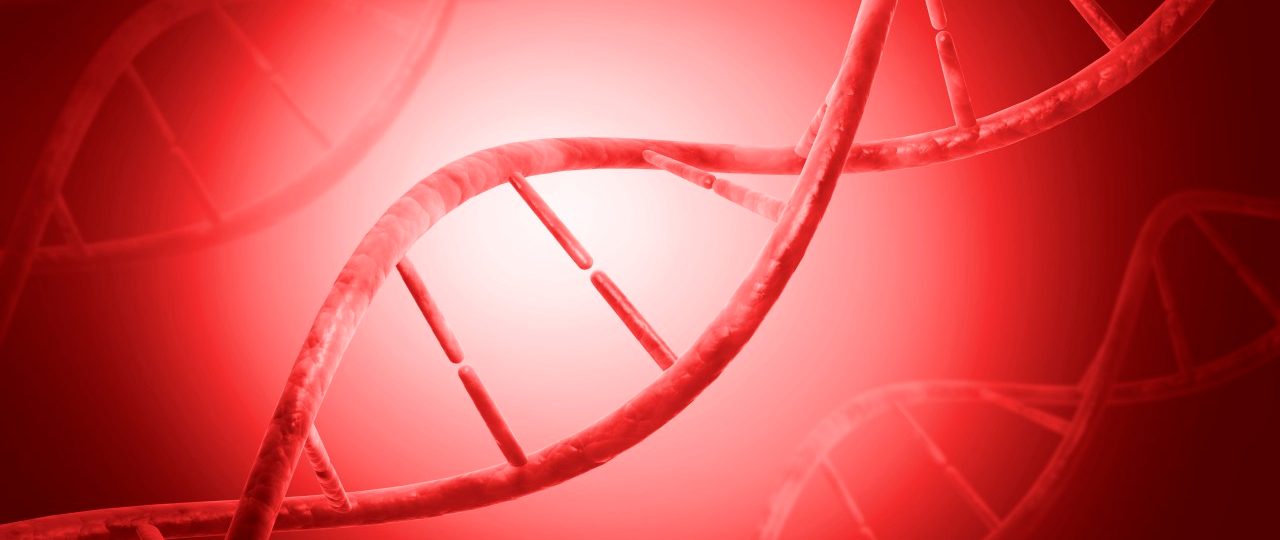Your Biomarkers Can Help You Take Charge of Your Health

Personalized medicine could help you monitor your biomarkers and control your healthcare. Here's how knowing your genetics can help you take charge of your health.
William Osler, often called the founding father of modern medicine, said: “Medicine is a science of uncertainty and an art of probability.” That was back in the mid-1800s. If Osler were alive today, he’d be impressed with how medicine has become more of a science and less of an art.
Personalized medicine forgoes the one-size-fits-all approach, focusing on how genetic and genomic makeup drives health, illness, and drug responses in each person. When doctors know what makes you unique, you can get more accurate diagnoses, safer drug prescriptions, ways to prevent disease, and more effective treatments.
YOU MIGHT ALSO LIKE: What Is Personalized Medicine?
A good example of personalized medicine is to look at how doctors diagnose and treat breast cancer. With traditional medicine, doctors look at the affected organ. With personalized medicine, scientists study detailed information on a cellular level to learn about aberrations that drive a particular disease.
Personalized medicine also takes that a step further with next generation sequencing. Actress Angelina Jolie wrote about having a faulty gene called BRCA1, which sharply increased her risk of developing breast and ovarian cancer. Jolie’s mother died from cancer. Her doctors estimated that she had an 87 percent risk of breast cancer and a 50 percent chance of ovarian cancer. While those risks are different for each woman, Jolie had preventive double mastectomy surgery.
Because personalized (or precision) medicine is patient-centered, you’ll be able to access, monitor, and control your health before getting sick. Your doctors will be able to use your genetic history and genetic and genomic makeup to identify more accurately if you are at risk of a serious illness.
Your genetic biomarkers provide information about whether you’re at risk of:
Pharmaceutical companies are using biomarkers to develop drugs. The next step is working with your doctor to use biomarker data as a form of preventive medicine.
Personalized medicine is changing the doctor-patient relationship. Instead of just listening to and following your doctor’s orders, it helps you take an active role in your health. On one hand, it’s not a major leap for people to take charge. Many use smartphone apps and fitness trackers to monitor, among other health factors, their:
- Steps
- Calories burned
- Heart rate
- Sleep quality
- Blood pressure
Access to your medical data can help:
- Prompt you to take an active role in your healthcare
- Predict the likelihood of developing a disease
- Improve detection of a disease
- Preempt the progression of an illness
- Customize prevention and treatment
- Enable doctors to prescribe more effective medicines and treatments
- Doctors avoid prescribing drugs with predictable side effects
- Save you and the healthcare industry money and time
Healthcare costs could become more affordable because precise medicine might reduce trial-and-error treatments.
Education is power. Personalized medicine can give you the knowledge to take an active role in your healthcare.
Updated:
November 28, 2023
Reviewed By:
Christopher Nystuen, MD, MBA